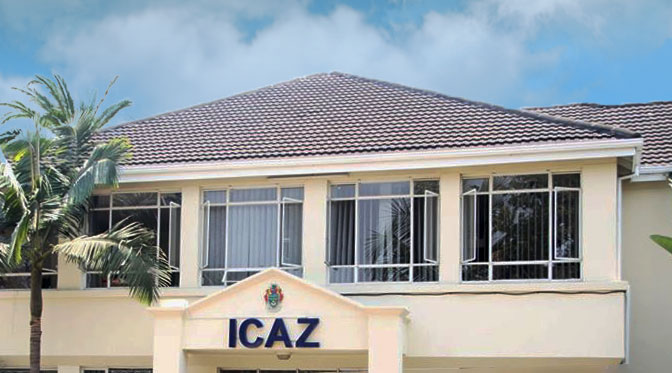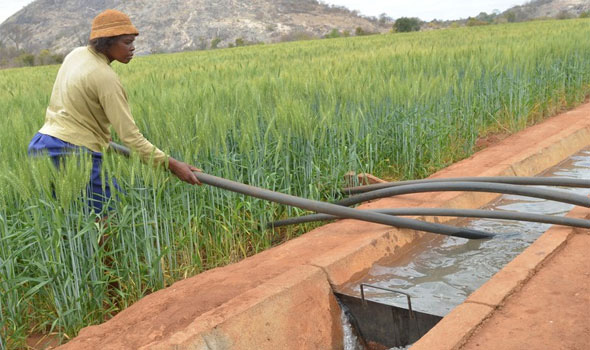Govt, business in joint price forecast study
THE Government intends to undertake a study on price forecast of basic commodities in light of recent price increases of selected products, a Cabinet Minister has said.
While prices of most basic commodities largely remained stable during the past two months, significant increases were recorded in mealie-meal and cooking oil due to high import costs of raw materials.
Slight upward movements in prices of some basic commodities mainly flour, beef, chickens, eggs and milk were also noted.
Industry and Commerce Minister, Dr Sekai Nzenza, has since written to the Competition and Tariff Commission (CTC) and the National Competitiveness Commission (NCC) requesting for a joint study.
The ministry has also approached the Confederation of Zimbabwe Industries for a joint manufacturing report survey for 2021.
“Further to the Cabinet meeting that was held on 9th of February 2021, concern was also raised over the price increases of basic commodities,” Dr Nzenza said.
“The meeting has requested for a comprehensive report on the status of the bread basket including availability, affordability and indication of fair trade. Further the meeting requested an analysis on the impact of fuel on price movements of general goods and commodities. In view of that, I hereby request a comprehensive joint report by the National Competitiveness Commission and Competition and Tariff Commission on the pricing of basic commodities forecast (and) further possible increase and mitigation that can be conducted by the Government.”
The ministry monitors price and availability of basic commodities, which include cooking oil, bread, maize roller meal, salt, flour, sugar, beef (economy), chicken, eggs, milk, rice, bath soap, laundry soap and washing powder. The surveys on prices and availability of these products are done on a weekly basis at major retail outlets in urban areas. On a quarterly basis, the ministry also undertakes survey in all retail outlets at major business centres and growth points in the rural areas.
In the past two months, the ministry noted cooking oil producers were largely relying on imported crude oil as the country’s production of soya beans, the major source of raw material locally, is in short supply. The price of crude oil used in the production of cooking oil has gone up by 47 percent to US$1 240 per tonne.
Zimbabwe imports the bulk of crude from Argentina. Other costs of inputs such as caustic soda, hexane and packaging have also gone up, thus affecting the cost of production.
On maize roller meal, the Government was subsidising the retail price of the product between December 2019 and September 2020. Millers were buying their maize from the Grain Marketing Board at market prices and delivering the product to retailers at subsidised price. Currently, the millers are not getting enough grain from the GMB due to shortages. As such, most of the millers are importing maize.
Dr Nzenza said the manufacturing sector has been negatively affected by the devastating effects of the Covid-19 pandemic and this required the Government and the private sector “re-strategise in order to re-align ourselves during the pandemic.”
“As we strategise for 2021, a conducive environment is imperative,” said Dr Nzenza in a recent letter to CZI president Mr Henry Ruzvidzo.
“It is important that the voice of the business resonates with the targets and deliverables set by the Government in the National Development Strategy 1. In order to do so, a qualitative and quantitative analysis of the manufacturing sector is necessary to inform policy strategic decisions to be undertaken by both the Government and the private sector.”-Herald.co.zw










